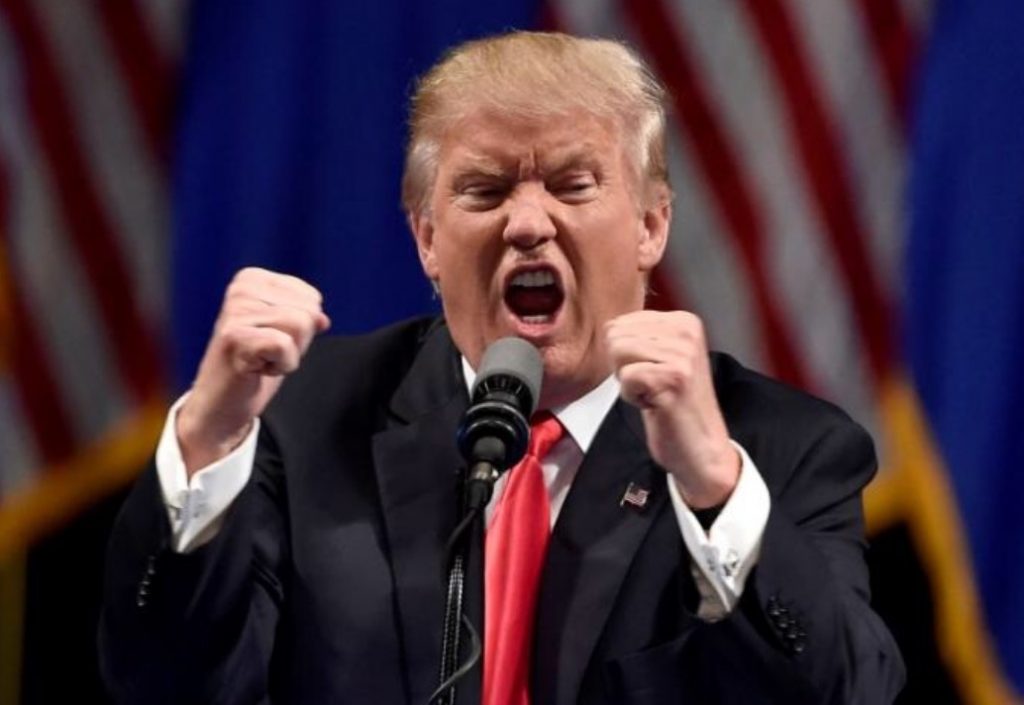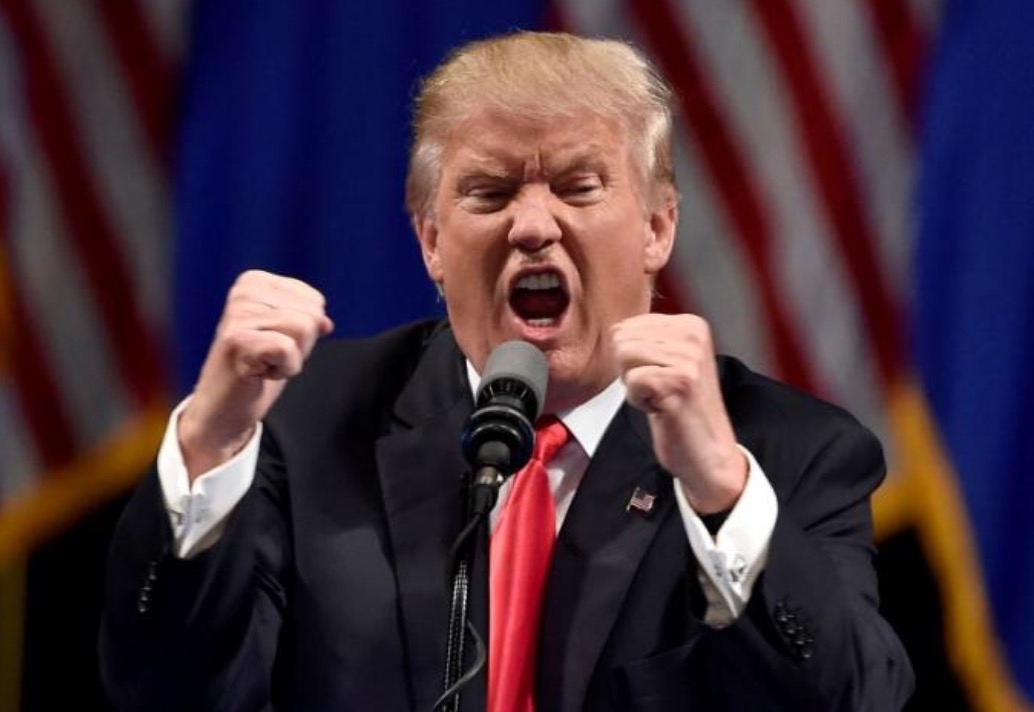
Amidst the sound and the fury……a sober commentary
I can only speak for myself, but I often find that the most lucid attempts at self-reflection and intellectual critique occur when others are convulsed in moral outrage. I suppose it’s the incessant howls of righteous indignation at some perceived injustice that prompts the need to ensure that the indignation is warranted in the first place.
As you can imagine, the presidency of one Donald Trump is, and will continue to, precipitate a wellspring of sound and fury given his incendiary modus operandi. Nevertheless, one must also seize such opportunities as an invitation to carry out a quiet and sobering examination of his methods.
Last week, President Trump issued an executive order, temporarily, suspending entry into the U.S by the nationals of seven majority Muslim countries: Iran, Iraq, Yemen, Syria, Sudan, Libya, and Somalia.
Unsurprisingly, this order induced, and continues to, widespread paroxysms of moral rebuke. To be fair, the order does seem calibrated to offend as many people as possible, even despite its foreshadowing during the presidential campaign. Moreover, Trump’s failure or omission to seek customary inter-agency review of such a provocative executive order before its issuance carried the whiff of Orwell’s 1984.
However, permit your humble commentator, who happens to be a proud possessor of an American law degree, to make a few salient comments about the legality of the order.
First, this order implicates the collision between the right of foreign nationals to freedom of movement and the right to enter into a foreign nation. Second, the order also implicates the right of foreign nationals to be free from invidious discrimination as proscribed under the U.S. constitution.
Regarding the former, the lynchpin of sovereign power is the unfettered right to determine who may enter onto its soil. The foregoing seemingly collides with the fundamental right, as enshrined under the U.S. constitution, to freedom of movement. However, the latter right is subservient to the former in this case because the freedom of movement under the U.S. constitution does not grant foreign nationals a concomitant right to enter into the U.S. (In fact, it doesn’t even grant U.S. nationals a fundamental right to international travel.)
The right to exclude foreign nationals from the U.S. is an exercise of its sovereign and executive power over its borders. Hence, the next, and more contentious, question is whether the order constitutes a lawful exercise of the foregoing power.
The 5th and 14th amendments to the U.S. constitution proscribe governmental discriminatory conduct on several bases, including religion and national origin.
By granting an exemption to religious minorities, the executive order is arguably discriminatory on its face, as it only excludes members of a majority religious sect—Muslims. Furthermore, its discriminatory intent is inferable from its ostensible purpose to combat Islamic extremism—to which only a minority of Muslims subscribe.
In order to withstand constitutional scrutiny, the government must show that the order implicates a compelling interest; that the law is necessary to accomplish the said interest; and that the order is the least burdensome alternative.
Naturally, the government will argue that the order implicates a compelling interest, i.e. national security. However, a court may find that the order is poorly tailored to achieve the foregoing interest because it is both over-inclusive, by targeting all Muslims regardless of their terroristic propensities, and under-inclusive, by excluding other Muslims from nations, such as Saudi Arabia, that may pose a greater risk to U.S. national security. Finally, a less burdensome alternative would be to continue the rigorous vetting system implemented under the Obama administration, which has proved effective in combatting foreign extremism on U.S. soil (domestic terrorism is a different issue overlooked by the executive order.)
To those who claim that the order is not only discriminatory, but also arbitrary and capricious, in violation of the U.S. constitution—they are likely wrong. The order, while clumsily drafted, is arguably animated by a bonafide national security interest, and the judicial branch will likely defer to the executive’s foreign policy agenda.
Nevertheless, given its facially discriminatory nature and its likely nonconformance with fundamental constitutional principles, the order is on porous footing as a lawful exercise of U.S sovereign and Trump’s executive power.
Thankfully, not all sound and fury signify nothing.
By Chudi Okoye





